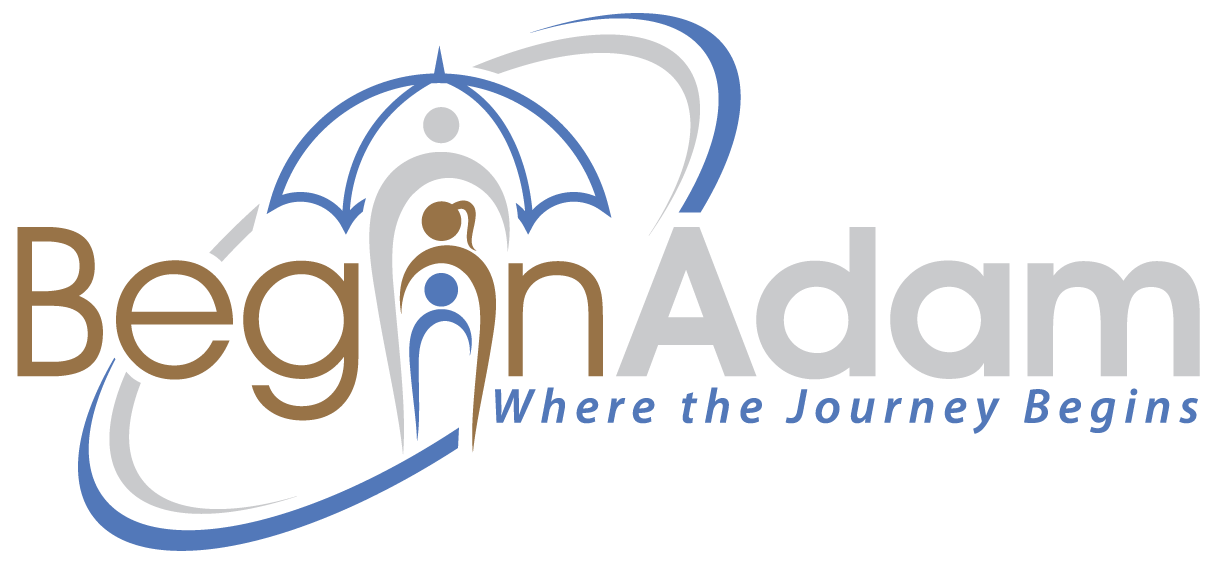As individuals age, healthcare expenses can become a significant financial burden. Medicare, a federal health insurance program, is designed to assist those aged 65 and older, as well as those with specific disabilities or medical conditions. However, Medicare doesn’t cover all expenses, leading to out-of-pocket costs. Here, we’ll explore Medicare supplement plans, also known as Medigap plans, Medicare Advantage options, eligibility criteria based on age and health, and how faith-based agents can be invaluable in navigating these choices.
What are Medicare Supplement Plans?
Medicare supplement plans, commonly referred to as Medigap plans are private insurance policies aimed at alleviating some of the out-of-pocket costs associated with Original Medicare. These plans come in ten standardized options labeled A through N, each offering different levels of coverage.
- Plan A: The most basic Medigap plan, covering Medicare Part A and B coinsurance, copayments, and deductibles.
- Plan N: Offers the same benefits as Plan A but also covers Medicare Part B coinsurance, copayments, and certain hospitalization expenses.
Eligibility for Medigap plans typically depends on age and enrollment in Medicare Part A and B. Some states have additional eligibility requirements, like guaranteed issue rights, which permit individuals to enroll in a Medigap plan without medical underwriting.
Exploring Medicare Advantage Plans
Medicare Advantage plans, or Medicare Part C, provide an alternative to Original Medicare. These plans, offered by private insurance companies, offer the same benefits as Original Medicare and may include additional perks like vision, dental, and prescription drug coverage.
To be eligible for Medicare Advantage plans, individuals must be enrolled in Medicare Part A and B and reside in the plan’s service area. Some Medicare Advantage plans may have specific eligibility criteria related to certain medical conditions.
There are various types of Medicare Advantage plans, such as Health Maintenance Organizations (HMOs), Preferred Provider Organizations (PPOs), Private Fee-for-Service (PFFS) plans, and Special Needs Plans (SNPs).
Enrollment Periods
Understanding enrollment periods is crucial when making decisions about Medicare coverage.
- Annual Enrollment Period (AEP): Occurs from October 15 to December 7 each year. During this period, individuals can make changes to their Medicare coverage, such as enrolling in or switching Medicare Advantage plans, adding or dropping prescription drug coverage, and enrolling in or switching Medigap plans.
- Open Enrollment Period (OEP): Takes place from January 1 to March 31 each year. During this period, individuals already enrolled in a Medicare Advantage plan can switch to another Medicare Advantage plan or enroll in Original Medicare with or without a Medigap plan.
The Role of Faith-Based Agents
Navigating the complexities of Medicare supplement plans and Medicare Advantage options can be daunting. Faith-based agents specialize in guiding individuals through their Medicare choices, offering personalized advice and education on available plans, including Christian Medicare supplemental insurance.
These agents play a vital role during the AEP and OEP, ensuring individuals are aware of any changes in their plan options and assisting them in making necessary adjustments to their coverage.
The Advantages of Christian Medicare Supplemental Insurance
For those seeking a faith-based approach to healthcare coverage, Christian Medicare Supplemental Insurance can be an excellent option. These plans are designed to align with Christian values and principles, offering coverage that is consistent with the beliefs of many Christian individuals and families.
Christian Medicare Supplemental Insurance plans often include additional benefits that cater to the spiritual and emotional needs of the insured. These benefits may include coverage for pastoral counseling, Christian-based therapies, and access to faith-based healthcare providers. Such plans aim to provide holistic care that addresses not only physical health but also spiritual and emotional well-being.
Furthermore, Christian Medicare Supplemental Insurance plans often have a strong sense of community, connecting policyholders with like-minded individuals who share similar values and beliefs. This sense of belonging can be a source of comfort and support during times of illness or medical need.
How to Find the Best Medigap Plans for Your Needs
When it comes to selecting the Best Medigap Plans, it’s essential to consider your individual healthcare requirements and budget. Here are some steps to help you find the right plan for you:
- Assess Your Healthcare Needs: Begin by evaluating your current and anticipated healthcare needs. Consider factors such as your overall health, any ongoing medical conditions, and the prescription drugs you require. Understanding your needs will help you choose a plan that provides the most relevant coverage.
- Compare Plan Options: As mentioned earlier, Medicare Supplement Plans are standardized, but the premiums can vary from one insurance company to another. Compare the costs and benefits of different plans to find one that fits your budget while providing the necessary coverage.
- Check Provider Networks: If you have specific healthcare providers or hospitals that you prefer, make sure they accept the Medigap plan you’re considering. While Medigap plans do not have networks like Medicare Advantage plans, some providers may not accept certain plans.
- Understand Enrollment Periods: Medicare Supplement Plans have specific enrollment periods, including an initial enrollment period when you first become eligible for Medicare. Missing these deadlines can result in higher premiums or coverage denials, so be sure to enroll at the right time.
- Seek Expert Advice: Navigating the world of Medicare and Medigap plans can be complex. Consider seeking advice from a trusted insurance agent or counselor who can help you make an informed decision.
By Wrapping Up
As healthcare costs continue to rise, it’s crucial for individuals to explore their Medicare supplement plan and Medicare Advantage options. Understanding eligibility requirements, enrollment periods, and the various plan choices can be challenging, but faith-based agents are here to provide the guidance and support needed to make informed healthcare coverage decisions. Whether selecting a Medigap plan to cover out-of-pocket expenses or choosing a Medicare Advantage plan with additional benefits, faith-based agents can help individuals navigate their options and find a plan that suits their unique needs.
It’s important to note that eligibility for Medicare and its supplemental plans is generally based on age and enrollment in Medicare Part A and B. However, specific eligibility requirements may apply in certain states or for particular Medicare Advantage plans.
During the Annual Enrollment Period (AEP) and Open Enrollment Period (OEP), individuals have the opportunity to modify their Medicare coverage, including enrolling in or switching to a Medicare Advantage plan or Medigap plan. Faith-based agents are available to provide guidance during these enrollment periods, ensuring individuals are well-informed about their options and can make any necessary adjustments to their coverage.
To make the most of your Medicare coverage and explore your options further, reach out to a faith-based agent today. They can provide the guidance and support you need to secure the healthcare coverage that suits your needs and budget. Don’t let healthcare expenses become a burden; take control of your Medicare choices with the help of a trusted advisor.



